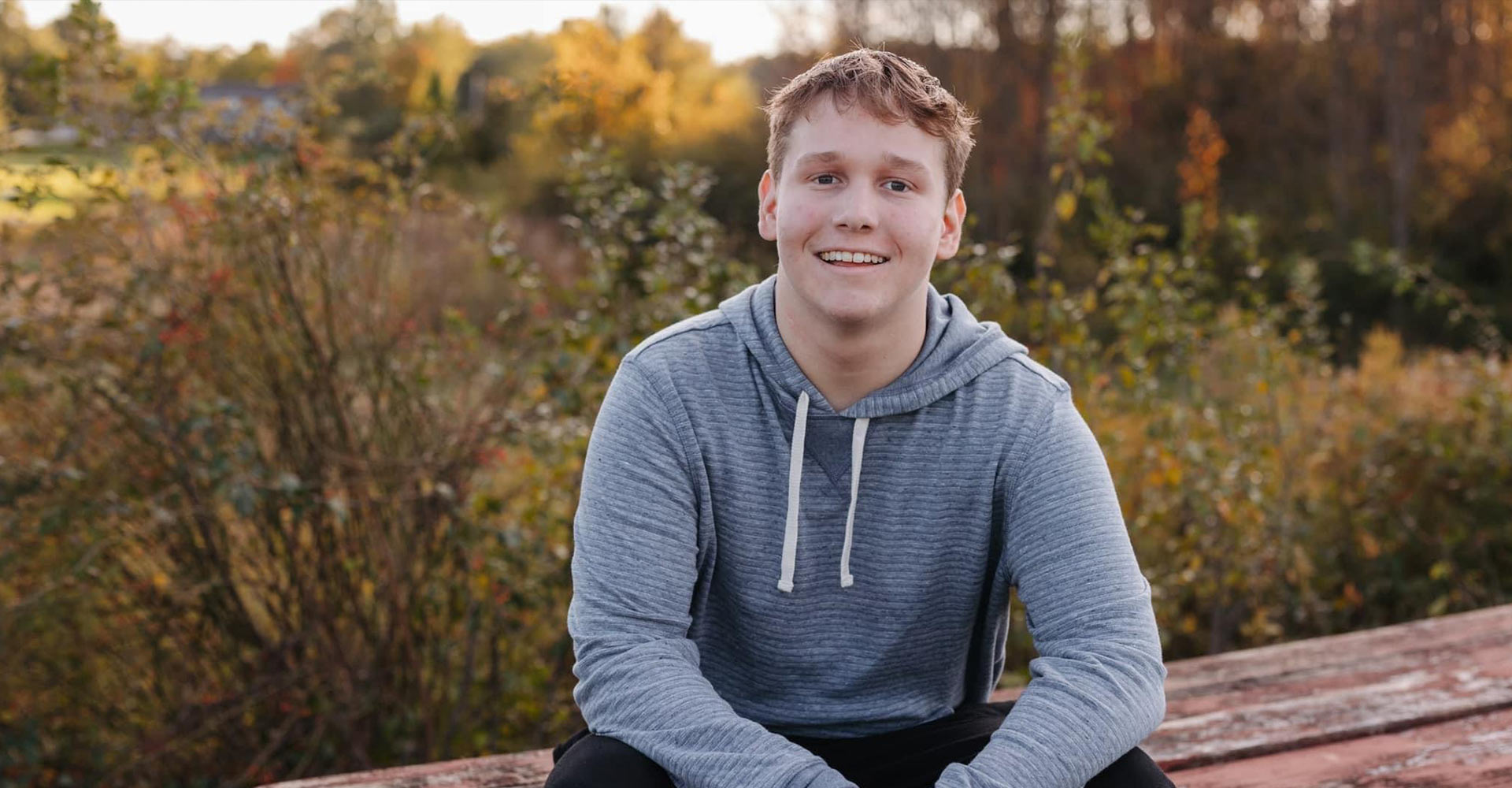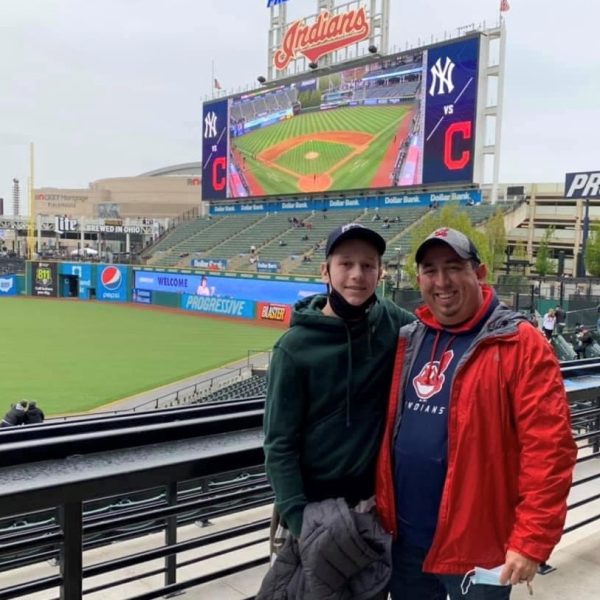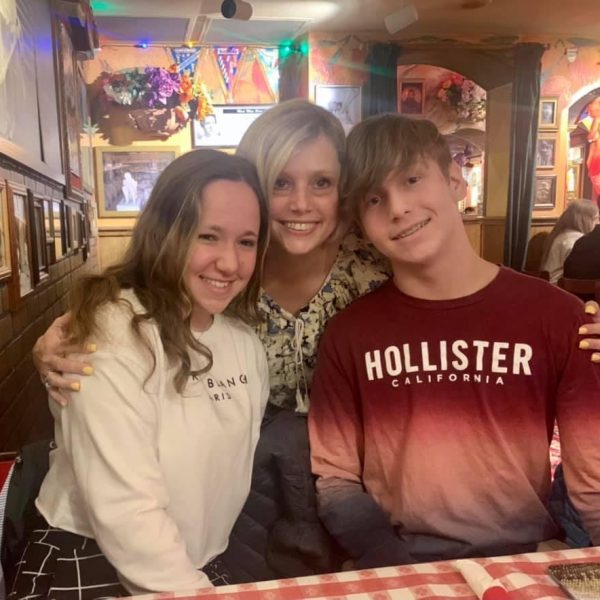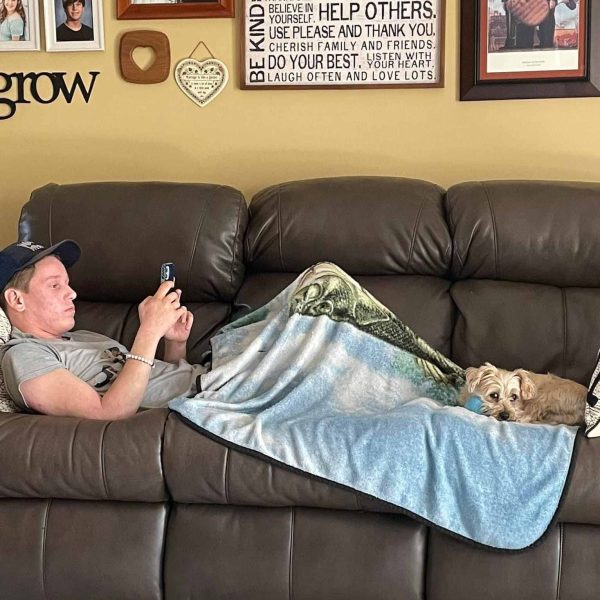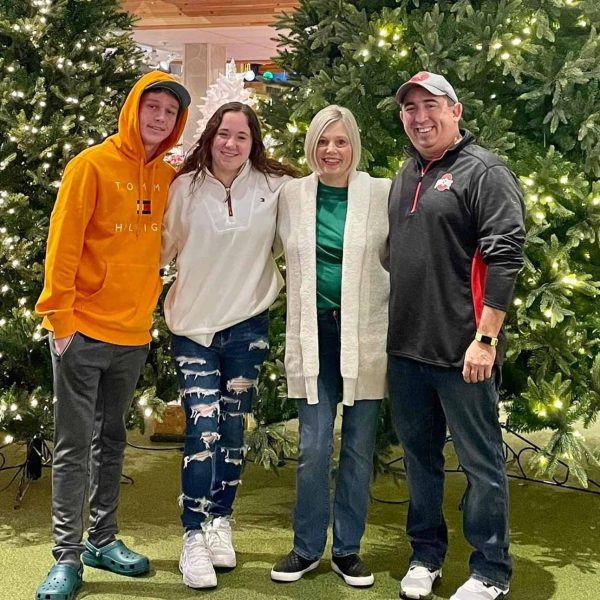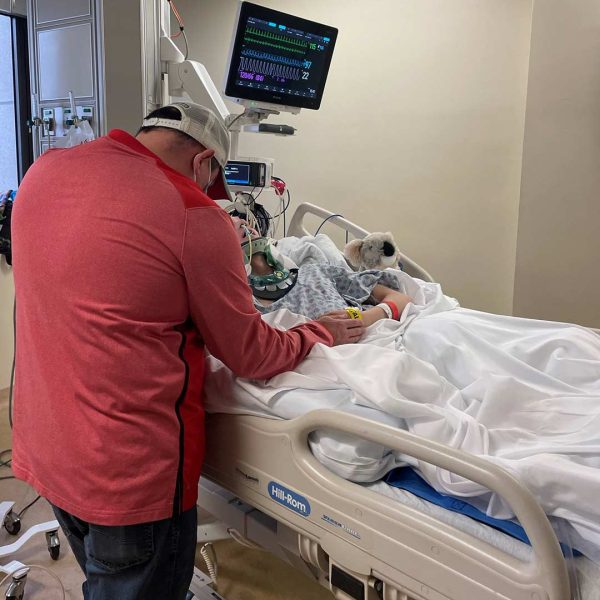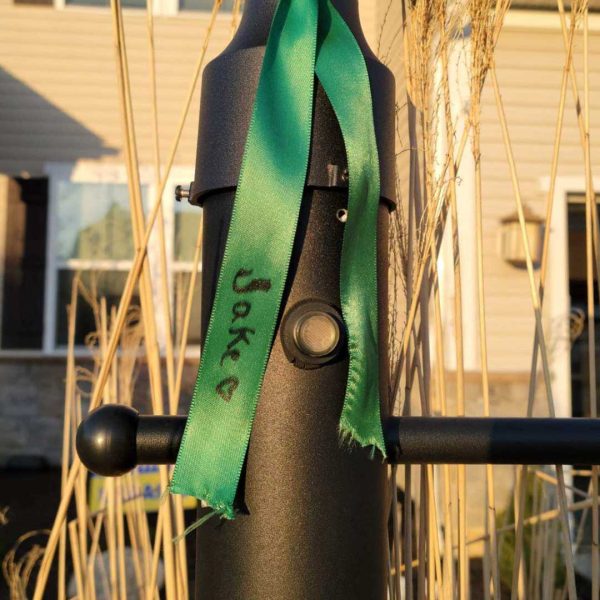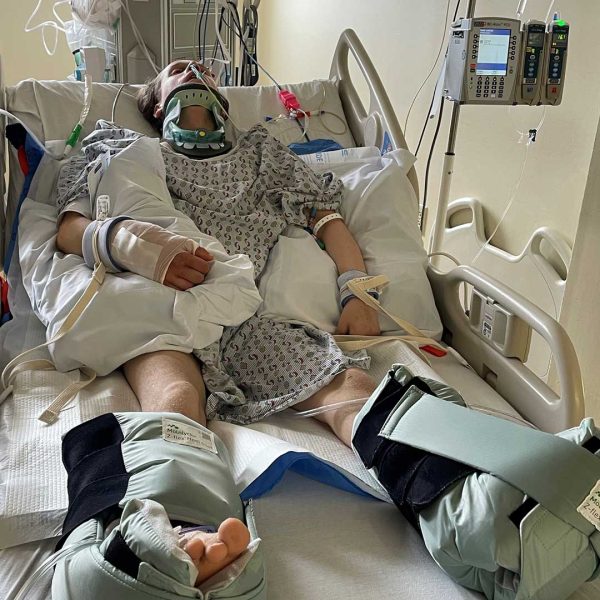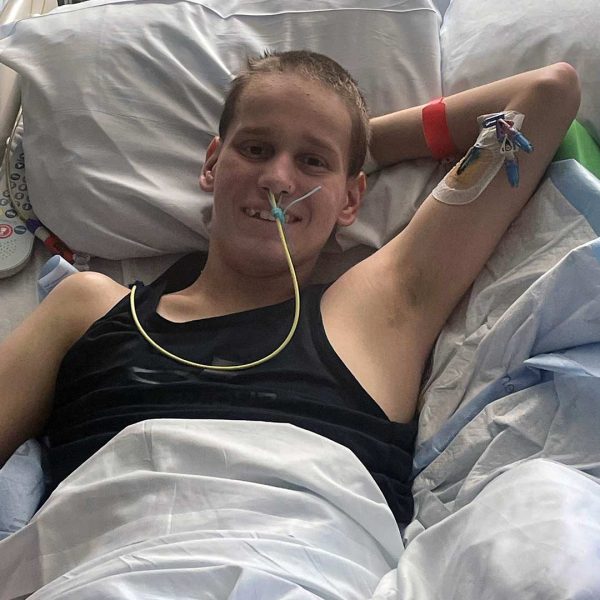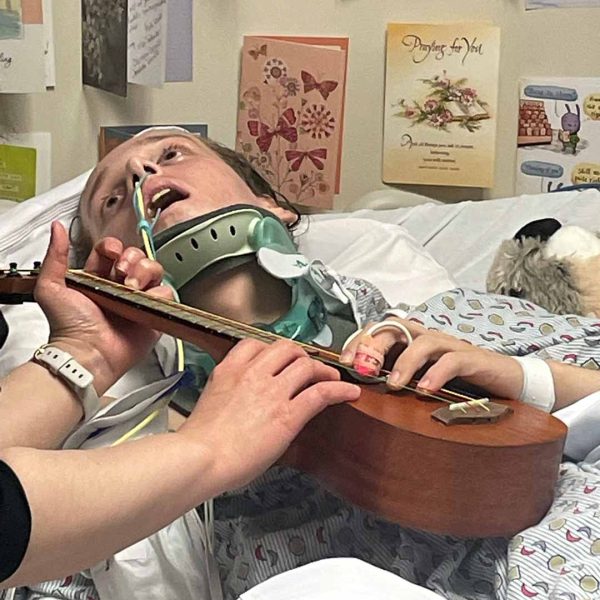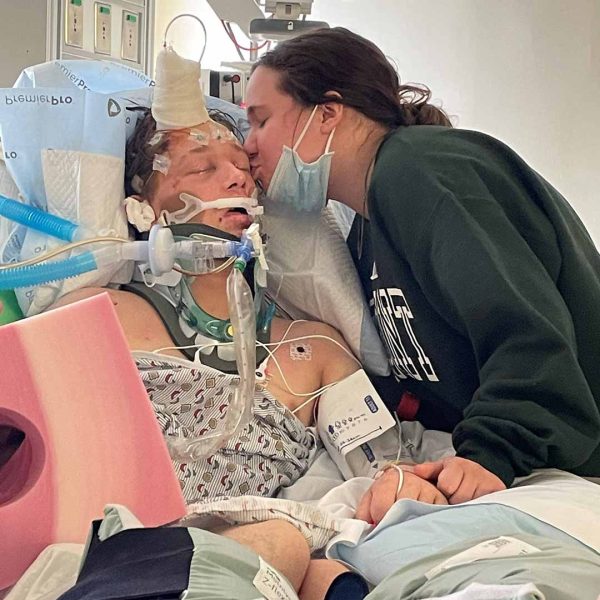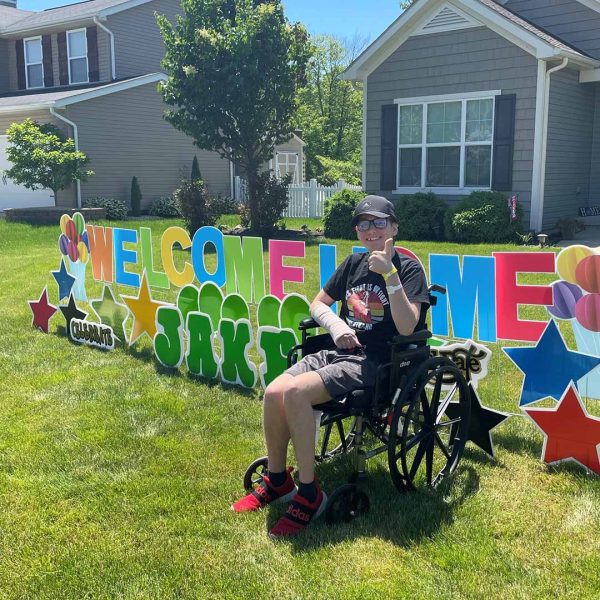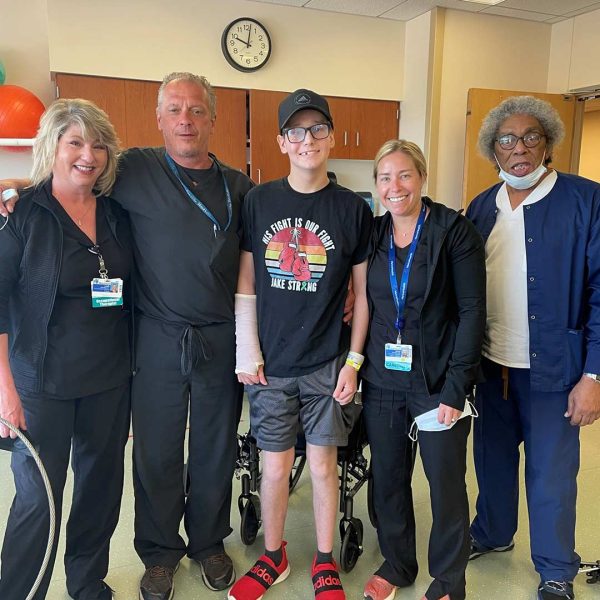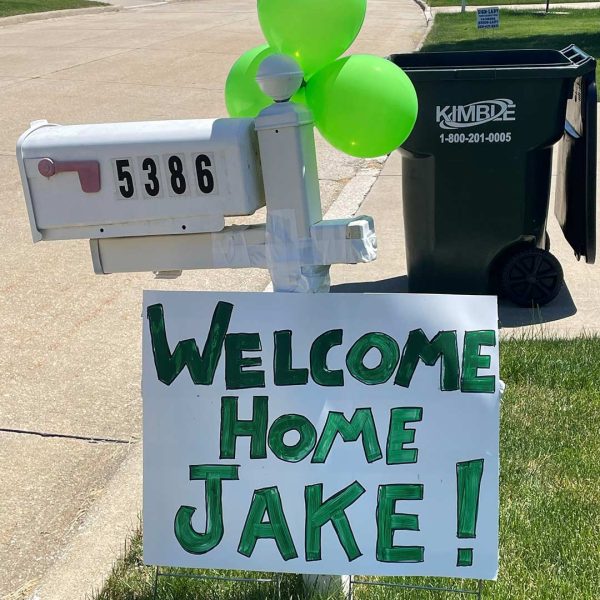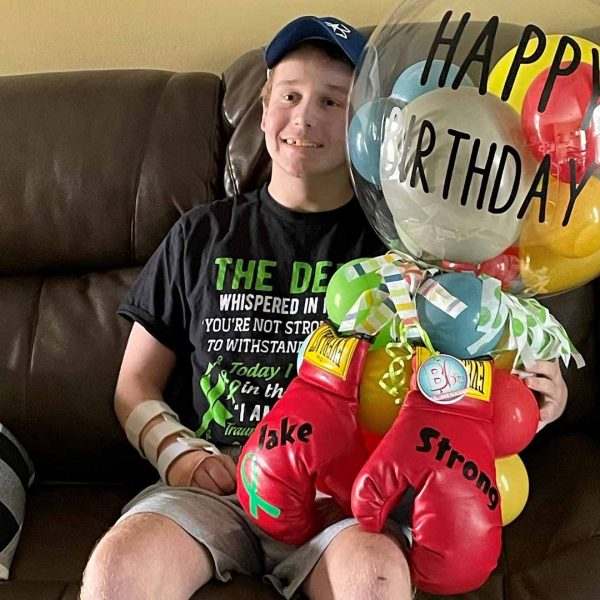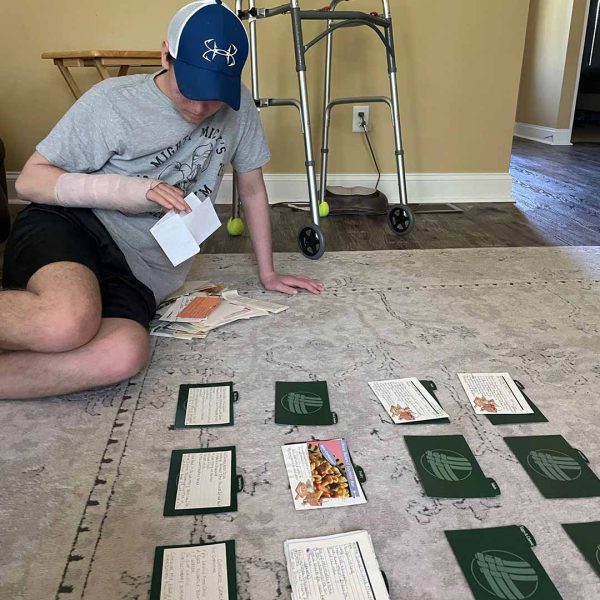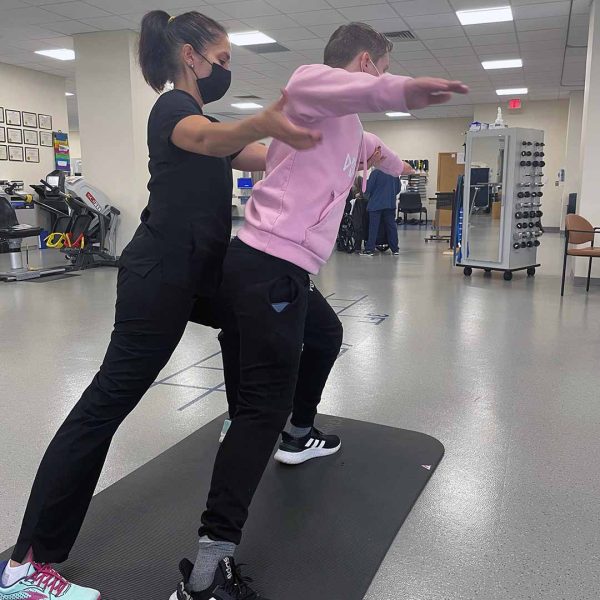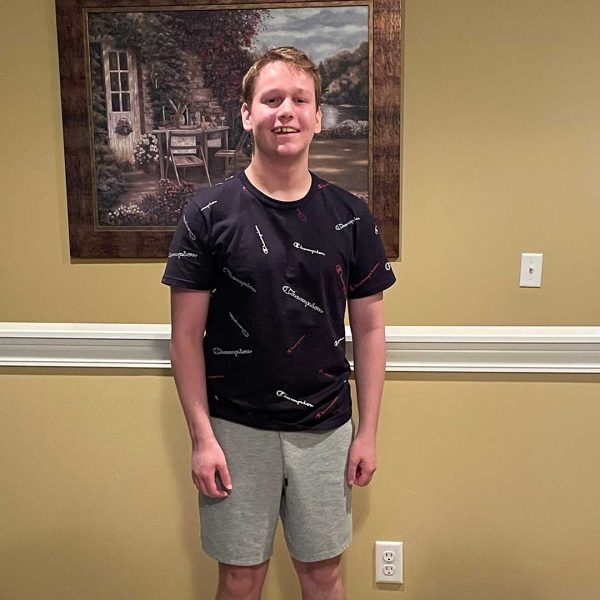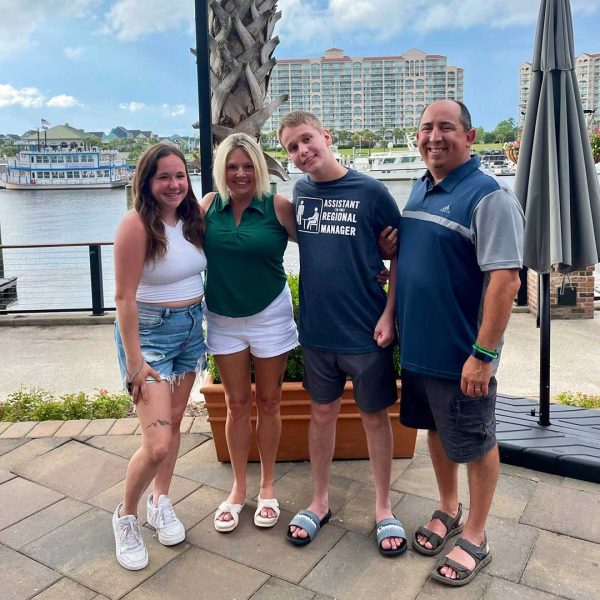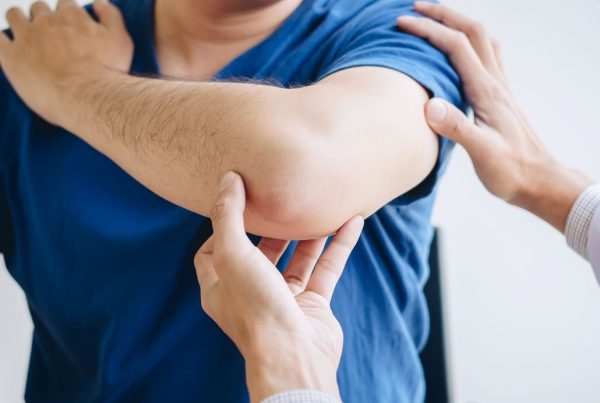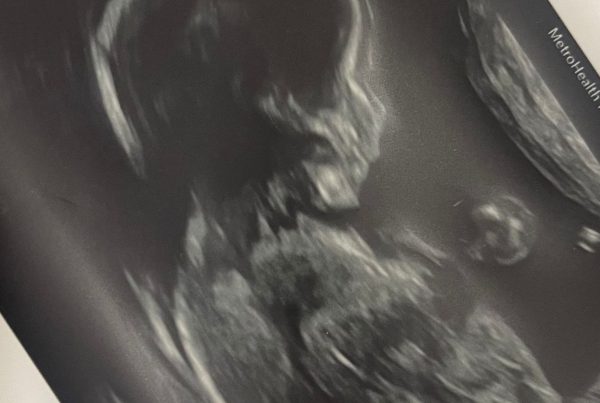While enjoying time with his friends at one of his favorite hiking spots, Jake Wuersig experienced a devastating fall that resulted in a traumatic brain injury. But with the support of MetroHealth’s compassionate caregivers, Jake found hope and healing.
On March 22, 2022, Jacob (Jake) Wuersig and three friends were at Whipps Ledges in the Hinckley Reservation, about 20 minutes from his house. It was a favorite spot to hike, explore, and just hang out.
It was a school night. Jen Wuersig, at a doctor’s appointment, texted her son that dinner would be ready at 5:30 p.m.
The boys were jumping across the ledges – something they had done many times before – when Jake lost his footing. As he fell more than 20 feet to the ground, Jake hit his head on multiple rocks. Jake’s friends immediately rushed to his side and called 911. When Hinkley EMS arrived, they dispatched Metro Life Flight, who took Jake to MetroHealth Medical Center.
The mother of one of the boys called Jen and asked, “Have you heard anything?” She told Jen there had been an accident. Jen called her husband, Bob, who was still at work. Devastated, the two met at MetroHealth’s Emergency Department.
Doctors told them that their son was in critical condition. He had sustained a traumatic brain injury, numerous facial and skull fractures, a broken wrist, a damaged carotid artery, and a lacerated ear. He was unconscious and on a ventilator.
The Wuersigs had never set foot inside MetroHealth before. But for the next 30 days, they wouldn’t leave Jake’s side.
After a few days, doctors surgically removed a bolt they had drilled in Jake’s head to monitor the pressure and swelling in his brain. By then, Jake had begun opening his eyes spontaneously and wiggling his toes on command. He began breathing on his own.
With the highs came many lows. Jake still needed to be fed intravenously. And Jen and Bob witnessed several neurostorming episodes, a physical fight or flight response common in patients with a TBI.
By April 21, the day Jake was discharged, his parents had begun to see more glimpses of his personality. He smiled. He laughed.
Even before Jake had left the Trauma ICU, the Wuersigs had begun looking at a few options for Jake’s inpatient rehabilitation when he left the hospital. They decided to stay with MetroHealth.
Jake arrived for his first therapy session in a reclined wheelchair, with a feeding tube in his nose and a cast on his wrist. He was nonverbal and didn’t respond to questions or directions.
“I kept telling his parents, once patients make that first sound, sometimes it then comes at once,” says Michelle Stang, a MetroHealth speech therapist. “Thankfully, Jake found his voice.”
Once Jake started talking, he could finally describe his symptoms: double vision in his right eye, ringing in his right ear, dizziness, headaches.
Doctors readjusted his medications. Jake’s sessions with occupational therapist Laura Poling and physical therapist Megan McFarland were more productive.
By mid-May the feeding tube was out. Jake was able to feed himself a few bites of food, including Taco Bell soft tacos.
Music therapist Dwyer Conklyn tapped into Jake’s love of music, incorporating the use of rhythms to help Jake practice stepping and walking.
Jake went home on June 3 using only a walker.
A few days into Jake’s outpatient sessions, physical therapist Darcy Kosmerl suspected he was suffering from nystagmus, a condition that causes the eyes to make rapid, uncontrollable movements. Jake was still dealing with dizziness, disorientation, blurred vision and feeling like he was floating or spinning – all symptoms of vertigo.
Test results confirmed he had nystagmus. Jake’s therapy sessions would be modified with this in mind. Jake worked with speech therapist Doreen Jones on cognitive conditioning and strengthening his ability to remember new information.
At home, Jake would practice walking up and down his driveway. He’d practice his dexterity by picking up dry beans with his thumbs and tying his shoes. And more.
Jake and his family had a lot to celebrate for his 17th birthday on July 1. His balance and short-term memory had improved. The partial plaster cast put on after his second wrist surgery was removed.
Guided by occupational therapist Megan Anderson, and later Tyler Bilinovic during therapy sessions at the MetroHealth Brecksville Health and Surgery Center, Jake started exercises to regain the use of his hand.
Today, Jake is a senior at Medina High School. He’s getting As and Bs and is on track to graduate in May. He’s thinking about what he wants to do after graduation. Taking a gap year and working part-time or enrolling in a community college are the most likely scenarios.
“It feels like we’re getting into a little more of a normal rhythm as a family,” says his mother Jen.
Other challenges remain, including surgery in the future to correct a cerebrospinal fluid leak in his ear. But Jake’s personality – his humor and quirky wit and joking around, his caring for others – remained intact.
“I love that those parts of him were not lost,” Jen says. “It’s very precious to our family.”

